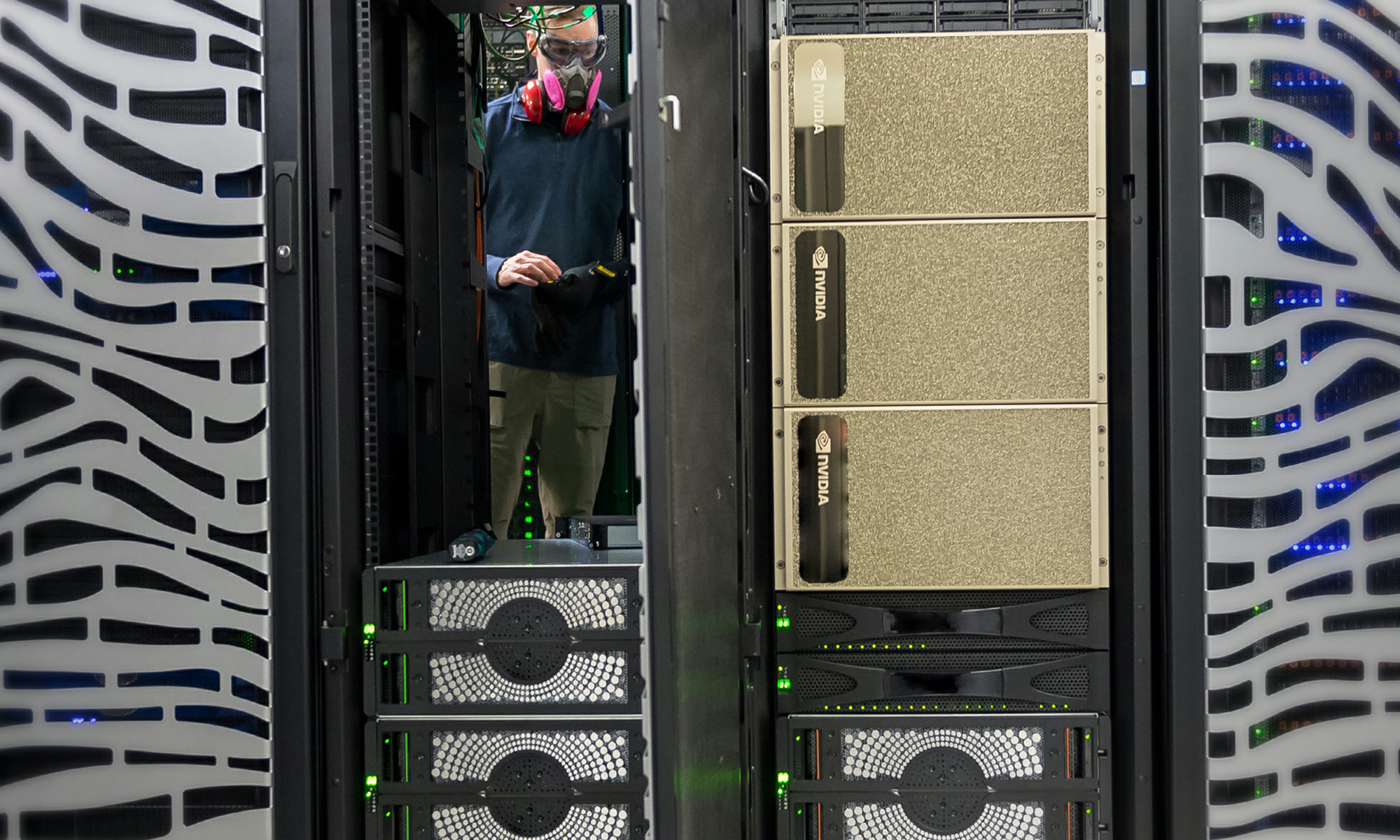Here's what's so incredible about Nvidia (NVDA 0.10%) stock: Over the past decade, it has averaged annual gains of 74% -- enough to turn a single $10,000 investment into one worth more than $2.5 million! Over the past three years, the stock has averaged gains of 144% annually. And it's up more than 35% year to date as I type this. The incredible thing is that despite that torrid growth, the stock doesn't seem outrageously valued, at all.
In fact, its recent forward-looking price-to-earnings (P/E) ratio of 25.6 is well below its five-year average of 38.6, suggesting that the stock might even be undervalued. (Its recent price-to-sales ratio of 27 is quite steep, though, and above its five-year average.)

Image source: Getty Images.
Before you jump to buy shares of Nvidia, though, be sure you've researched it enough to understand it well. Originally known for gaming chips, Nvidia is now not only a leader in graphics processing units (GPUs) for games but also in chips for data centers. And data centers are booming, as much of our artificial intelligence (AI) activity runs through them. In its second quarter, Nvidia's data center revenue was up 56% year over year to $41.1 billion, making up more than 88% of total revenue.

NASDAQ: NVDA
Key Data Points
Nvidia's CEO, Jensen Huang, has estimated that spending on AI infrastructure (think: data centers and the chips they require) will be between $3 trillion and $4 trillion by the end of the decade -- up from around $600 billion in 2025. That certainly bodes well for Nvidia. (Huang has also noted that for every $50 billion spent on AI infrastructure, Nvidia gets about $35 billion, or 70%. Wow.)
Also, many people don't realize it, but Nvidia is providing not just chips to enable AI operations, but also software and other necessities. That has served the company well, but some see its dominance threatened, as some big tech companies work on developing their own chips and software in-house, as Meta Platforms is doing.
Meanwhile, the current geopolitical environment remains...uncertain, with Nvidia's business with China potentially threatened. And the company does face some competition, from the likes of Advanced Micro Devices and Broadcom, among others.
Still, at recent levels, I think it's well worth thinking about adding Nvidia to your long-term portfolio -- perhaps now or in November. Even if its growth rate slows, due to competition and/or geopolitical interference with its progress, it's likely to keep growing -- via both data center offerings and other products. My colleague Beth McKenna has laid out a case for the stock skyrocketing in the coming five years -- but even if it only grows at a robust rate, that would work for me.







